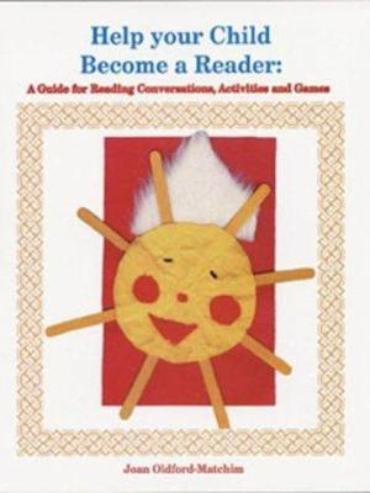Opening doors
Literacy isn’t just about reading words. It’s about belonging.
When young children grow up surrounded by books, when parents are informed of helpful ways to teach their kids to read, and when rural communities get access to reading materials, something much larger happens. The act of reading becomes both an intimate and a collective activity.
Doors open into brighter futures.
Dr. Joan Oldford has spent her career opening those doors. Her work has helped bring literacy into homes and classrooms. And in doing so, she has brought teachers, parents, caregivers and children together as a way of changing lives.
Her academic journey began at Memorial University where she earned her bachelor’s degree in religious studies in 1972 and, in the same year, received her B.Ed. in religious education.
She went on to complete a master’s degree in 1975 and, later, a PhD from Ohio State University. She joined Memorial’s Faculty of Education in 1983.
Early in her work, she saw something that many others missed. In rural Newfoundland and Labrador, children’s reading skills lagged not just because schools lacked resources, but because families often lacked access to books and parents received no support when it came to learning effective ways to read to their children. So, many children had little exposure to reading before entering kindergarten.
The crucial recognition was that children’s needs started long before they entered school and extended far beyond the classroom walls. And to meet those needs, she launched the Significant Others as Reading Teachers (SORT) project on the Burin Peninsula in 1991. The project opened many doors all at once.
 0003 2-1280x640.jpg)
Dr. Joan Oldford joined Memorial’s Faculty of Education in 1983. Photo from Memorial University Archives
The SORT program consisted of a book, Help Your Child Become a Reader, accompanied by an instructor's manual, a videotape and a collection of 100 books for young children.
Caregivers were given the resources, but Dr. Oldford also found a way to support them by asking participants to attend monthly meetings with a qualified primary teacher under Dr. Oldford’s supervision.
This plan worked. There was a 95 per cent participation rate, and within a single year, students in the program were reading beyond expectations.
The program’s video tape received an award of merit from the Association of Media Technology for Education in Canada.
Though the SORT project officially came to an end in 2006, it managed to entrench knowledge in the community and create a tradition of reading. It lives on in those same communities today as a self-sustaining literacy movement.
Her community work did not go unnoticed. In 2007, she received the inaugural Memorial University’s President’s Award for Exceptional Community Service.
Dr. Oldford’s contribution to Newfoundland and Labrador’s literacy landscape is both vital and enduring.
She helped bring reading to places where books and supports were once scarce. She helped teachers believe in students who might otherwise have been left behind. She helped parents realize that literacy begins at home and in conversation.
For Memorial, she exemplifies what service, scholarship and teaching can become when they are grounded in the realities of a place and dedicated to giving everyone the chance to read, to speak and to cross the threshold and belong.
